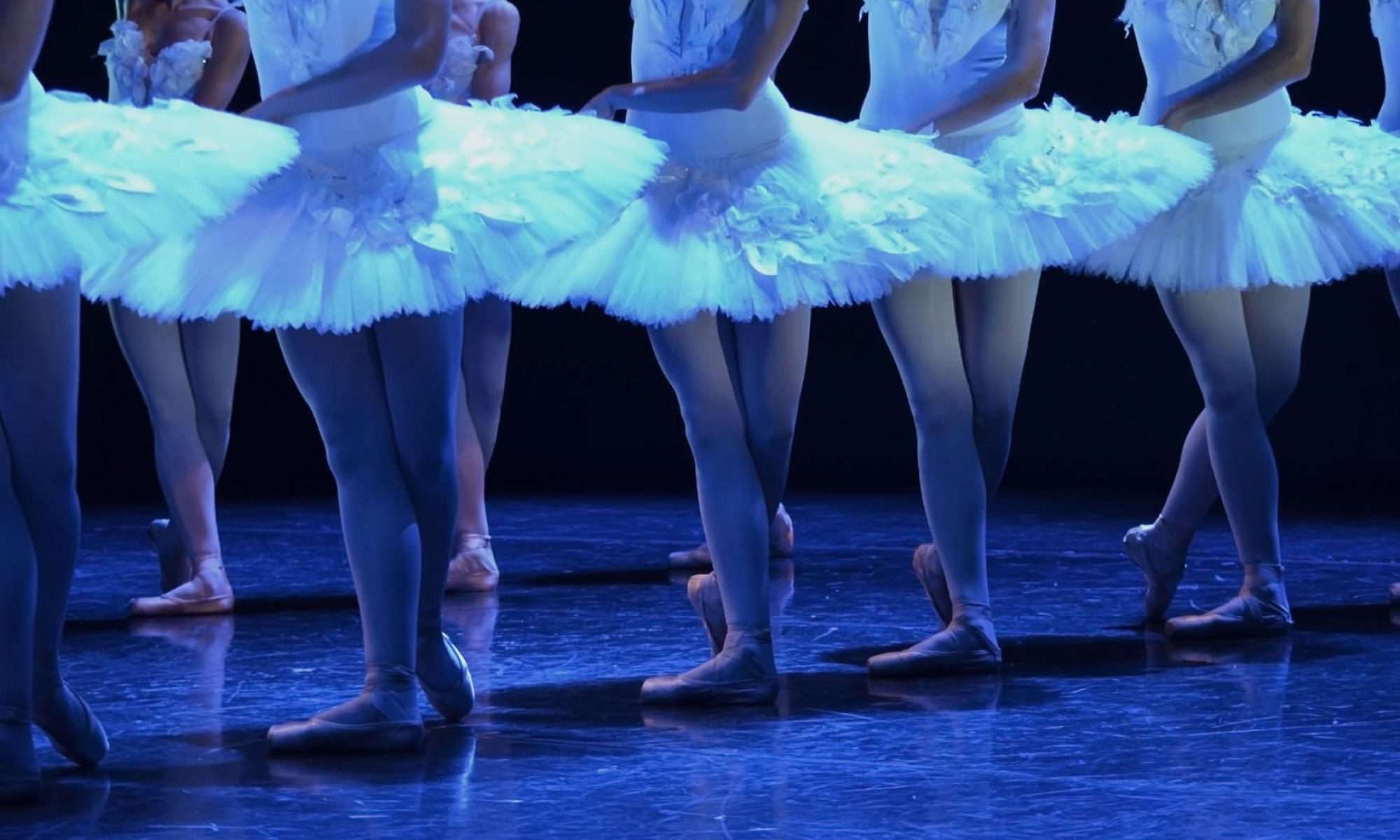I just learned that Merce Cunningham died last night at the age of 90. He danced until the very end of his life. This, in itself, is incredible. His legacy is monumental. So now I’m feeling a bit low, and wondering how he managed to stick with it into very old age. I’m thinking that Merce Cunningham created a way of moving that was specific to his body type, as he was known for a particular style all his own. Then there are people like me, who try to contort our bodies into shapes that were not meant for our body types at all—leading us to middle-aged back pain and chronic tendinitis.
What do you think? Even if you’re only seventeen, how do you see yourself in the future? Do you think dancing will be more an aid or a hindrance to your physical well-being when you’re forty years old? I had a chiropractor who talked to me when I was twenty-four. He said he was worried that I wouldn’t be able to walk when I was forty. I laughed. But now I’m forty-one, and I’m realizing he had a point.
I wouldn’t trade my years spent dancing or teaching for anything in the world. It’s the love of my life. But I can see how realistic the teachers are in Russia when they determine whether or not a child should begin studying dance by first looking at his or her proportions and physical tendencies. If someone is not blessed with a dancer’s body, they are not expected to dance. However, I’m thankful here in America we are all able to pursue our dreams, regardless of our potential.



Though your post is almost a year old now, I wanted to reply to it.I went to the first show of the Cunningham Legacy Tour in Columbus. At the end of the show we were lucky to have a Q & A session with a couple of the dancers and company staff. Merce’s age was mentioned — and as long as he could walk he would have a part in every show. We were told “he was a man of the theater” and that was sufficient therapy to conquer any physical discomfort.My 45th birthday is fast approaching, and I have no plans to stop dancing. Sure, I’m a little wider across my middle than when I was 35, but so what. The body part I work the hardest is between my ears.
I too have a body that would have been rejected outright by the Russian system, and anyone with my muscular structure will probably suffer more damage from a tough ballet career, while others can carry on for years with little damage.But surely we and the audiences also want people on stage who have souls that need to dance. It is after all a wide and varied art form that tells stories (for which you need no particular shape), reveals emotions, comments on life, as well as testing to the limits what a human body can do. I think those who want and need to dance, and are prepared to put the work in, should do it, but it is crucial that the training teaches you to understand your body and how to protect it. Dancers also need to find the right place to make the most of their talents so they do not spend their career fighting their body and trying to achieve something unrealistic for their bodies.